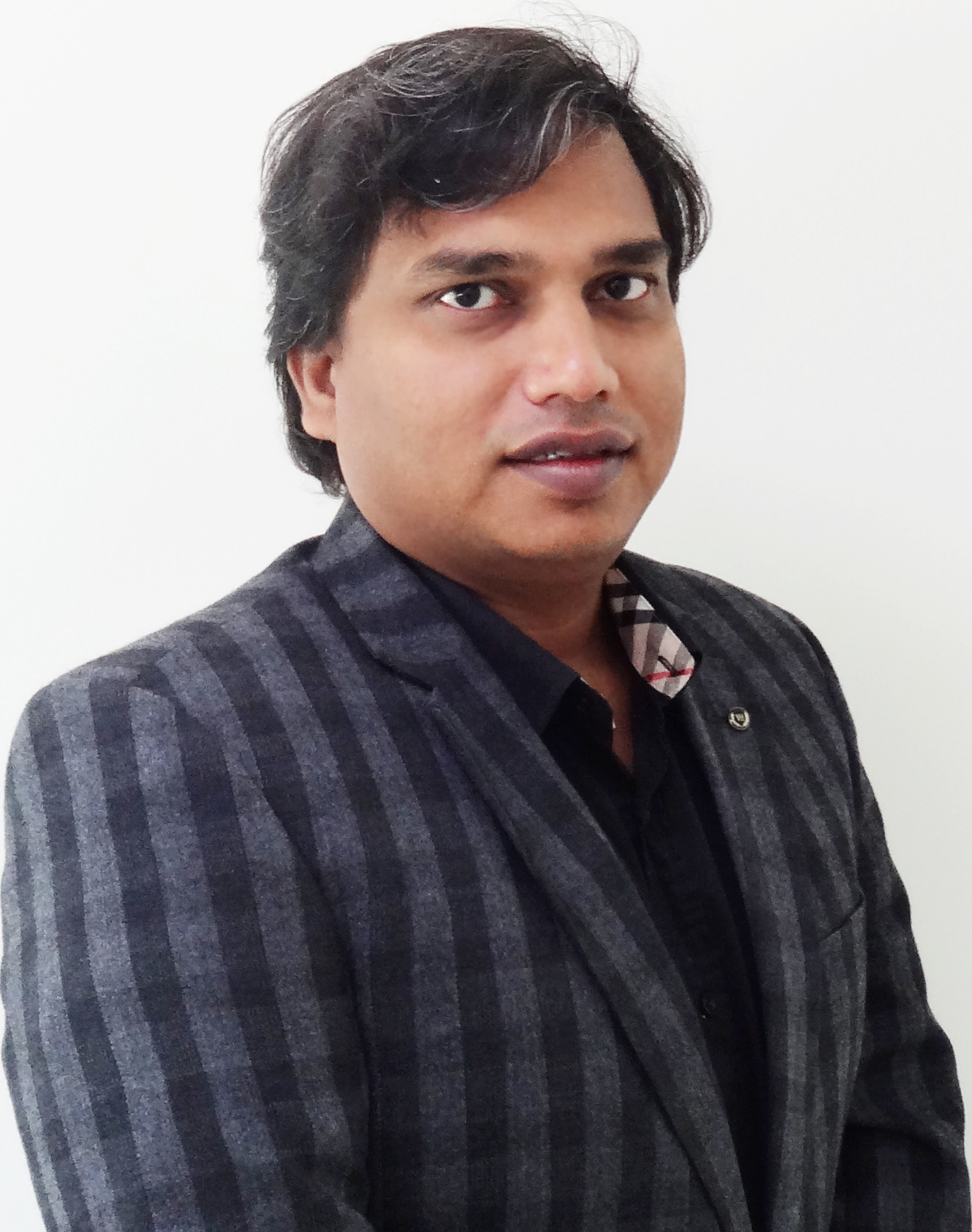Dake Rechsand, a Dubai-based company offering sustainable solutions for decentralized rainwater harvesting and desert farming, is advocating the adoption of breathable sand technology, to empower agri-entrepreneurship in the MENA region. The global organic food market surpassed a valuation of $100 billion last year. This meteoric growth can be attributed to the influx of entrepreneurs into the market, particularly in Europe and Oceania. But climatic, soil fertility and water access limitations have inhibited a similar growth in the MENA region, so far.
“Acute water scarcity, limited arable land and a generally arid climate in MENA are long-standing barriers to organic farming — which requires conformity to a range of criteria, including little to no chemical input,” said Chandra Dake, CEO and Founder of Dake Rechsand. “However, breathable sand technology, will now unlock the potential for extensive organic farming, in the region. Dake Rechsand is keen to empower regional entrepreneurs seeking to carve out a stake in a highly lucrative global market, by leveraging the premium attracted by organic produce”.
Chandra’s assertion is based on the interest generated by his company’s proprietary sand technology since its launch earlier this year. “Magic sand”- as Dake Rechsand likes to call it – is fine desert sand coated with special technology, which allows it to retain water for extended periods while allowing free air circulation. When such a cost-effective medium is used in deserts, it enables optimal cultivation of a wide range of crops without chemical fertilizers, while reducing water requirements by nearly 80%.
“Not only does Dake Rechsand’s breathable sand technology redefine the term ‘arable land’, deserts are also inherently uncontaminated by fertilizers and chemicals. And it’s this combination that opens the door to high returns on investment, for entrepreneurs”, Chandra elaborated. “Since our proprietary magic sand is also devoid of organic material, produce grown using this medium will be eligible for an organic certification from the very first crop cycle, as opposed to the five years, that the process can typically take”.
According to statistics issued by FiBL and IFOAM, the certified organic lands in the UAE and Saudi Arabia are just 1.2% and 0.02% of the total agricultural land, respectively – reinforcing the magnitude of the untapped potential for expansion, within the region. Chandra believes that these figures will increase dramatically, as the first generation of agri-entrepreneurs in the region implements the Dake Rechsand sand technology.
“The pandemic-induced health and wellness imperative, combined with tailwinds from eco-consumerism, make for ideal conditions, for investors and entrepreneurs looking at opportunities within the organic produce segment, in MENA”, Chandra added. “This is also a chance for them to play a part in enhancing localized production and food security in the region, while making inroads into a lucrative global market, which is set to grow in size and value, for years to come”, Chandra concluded.




